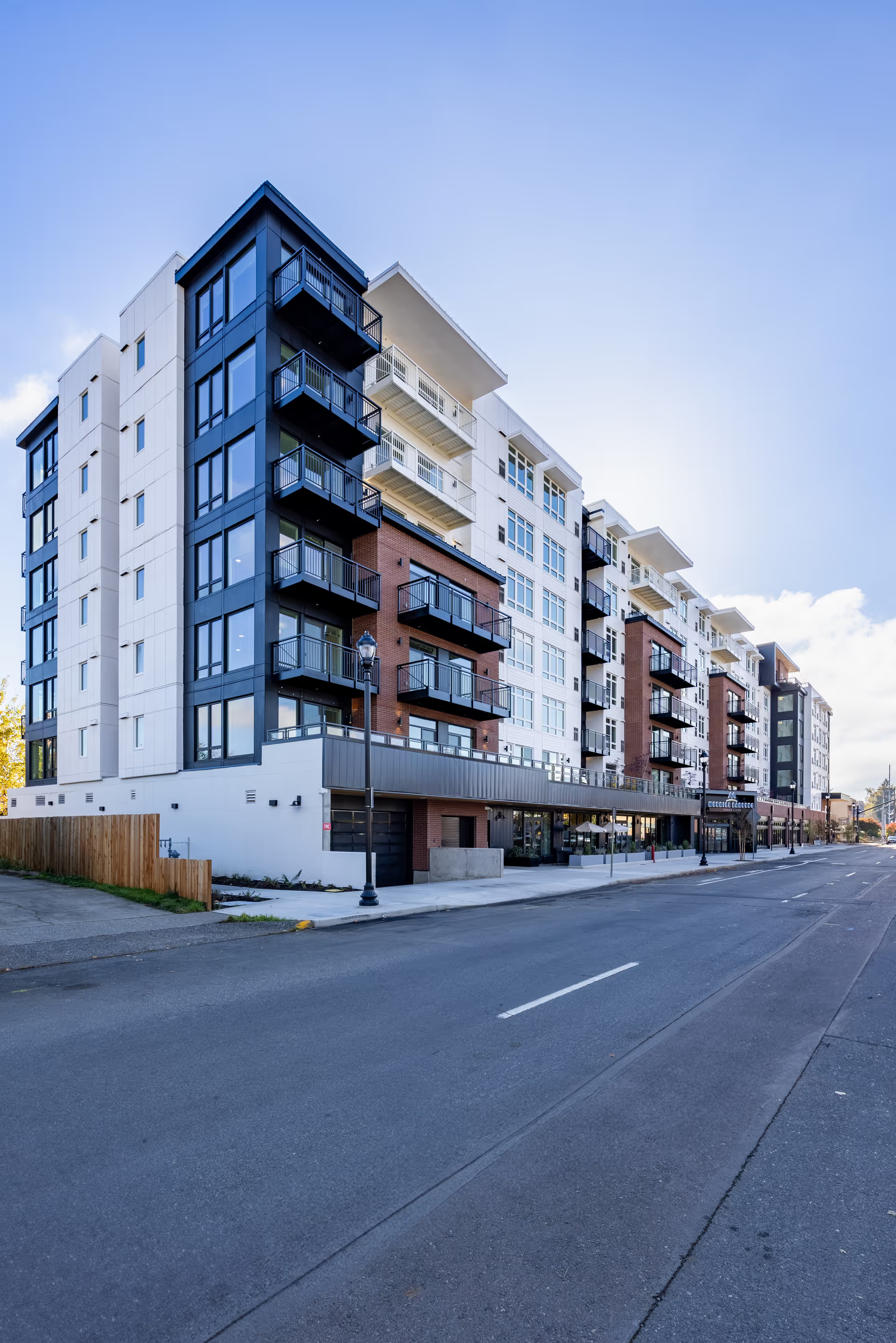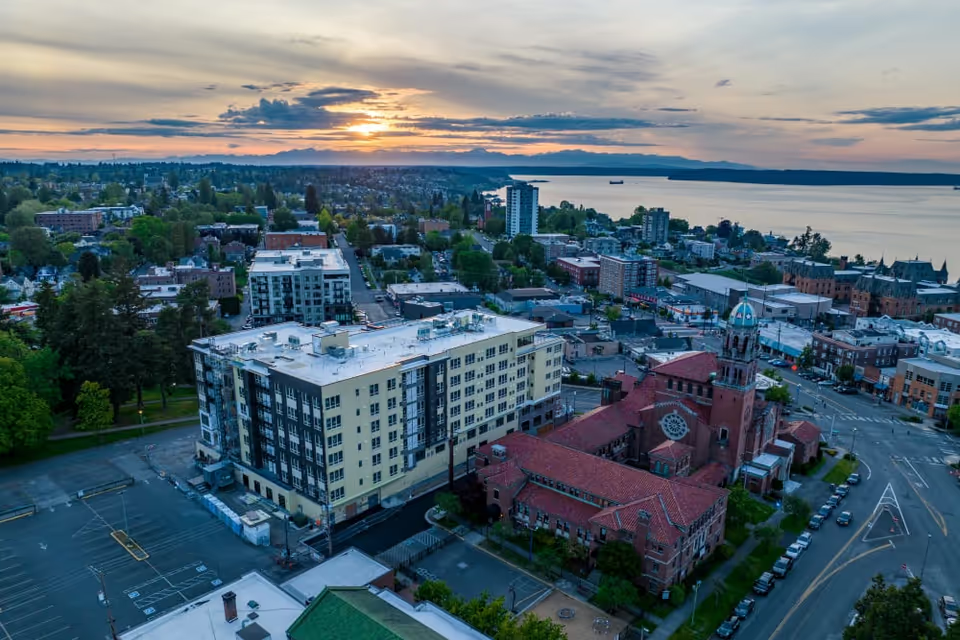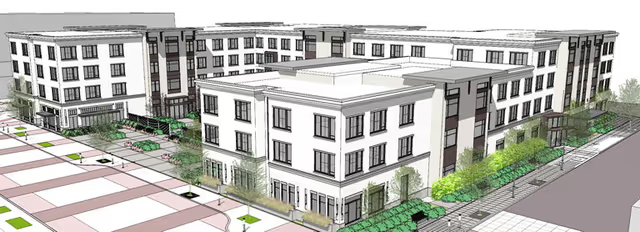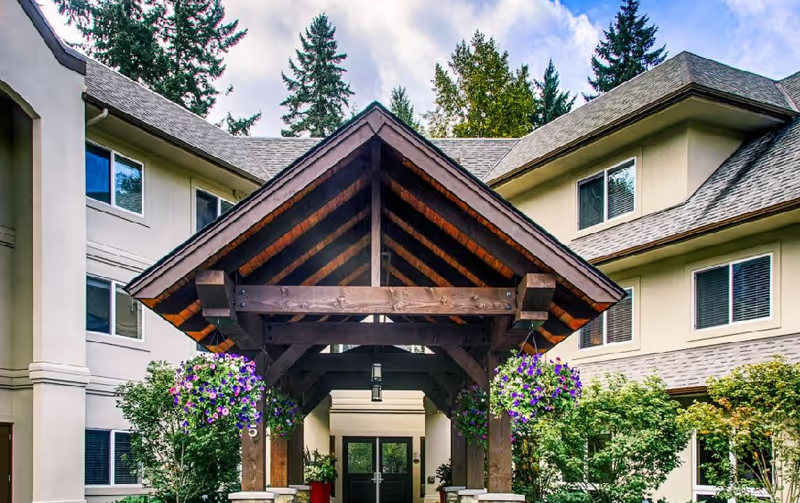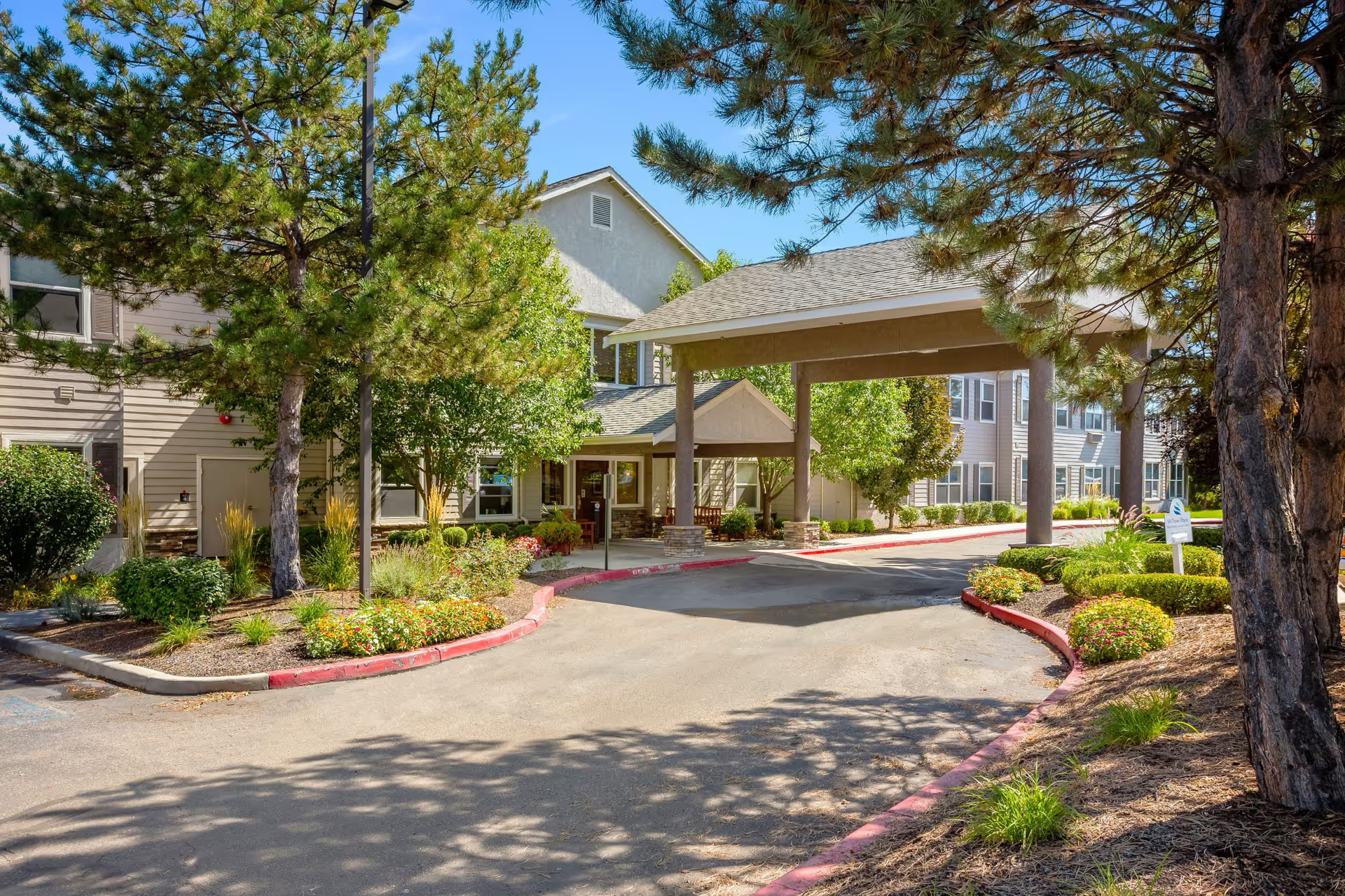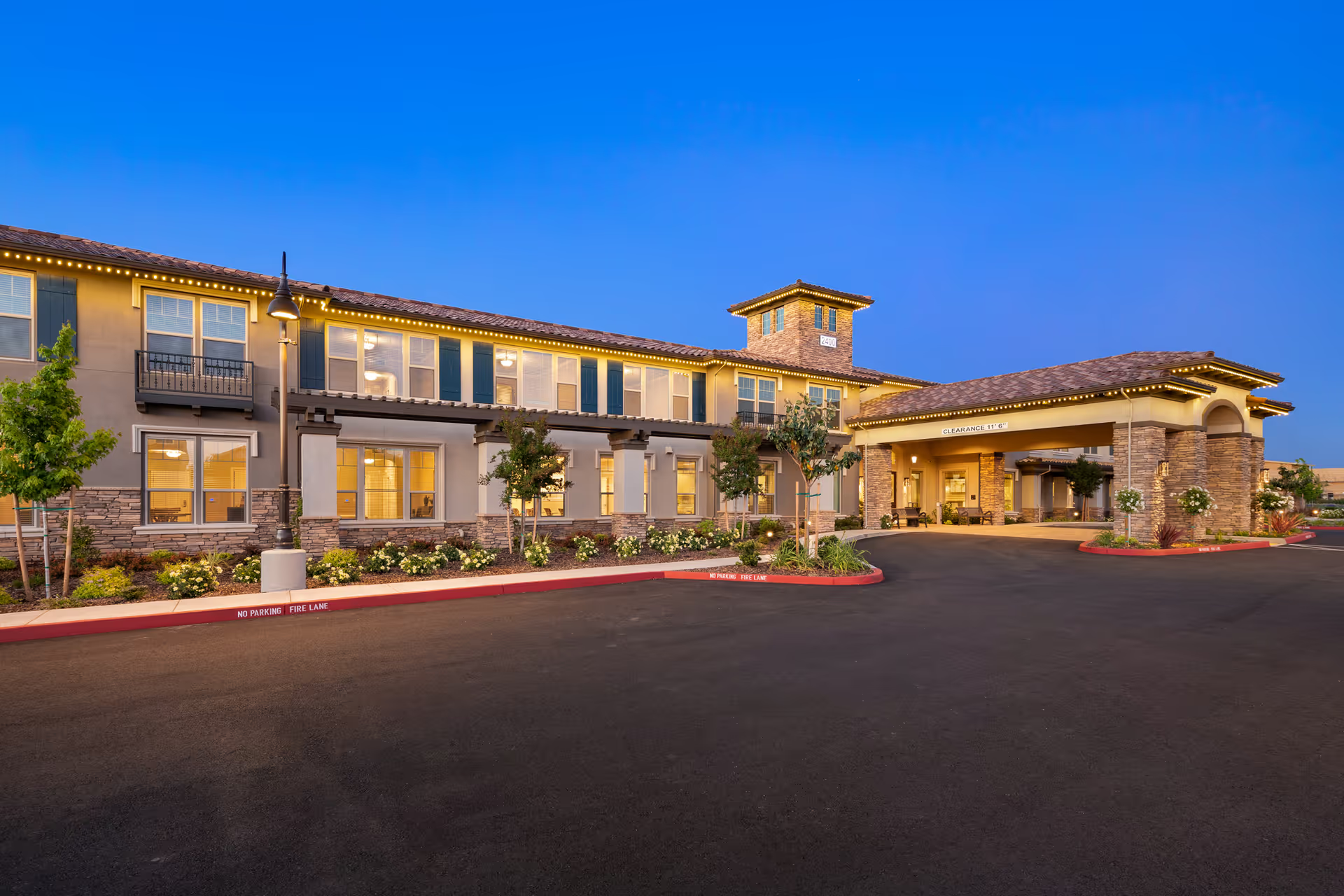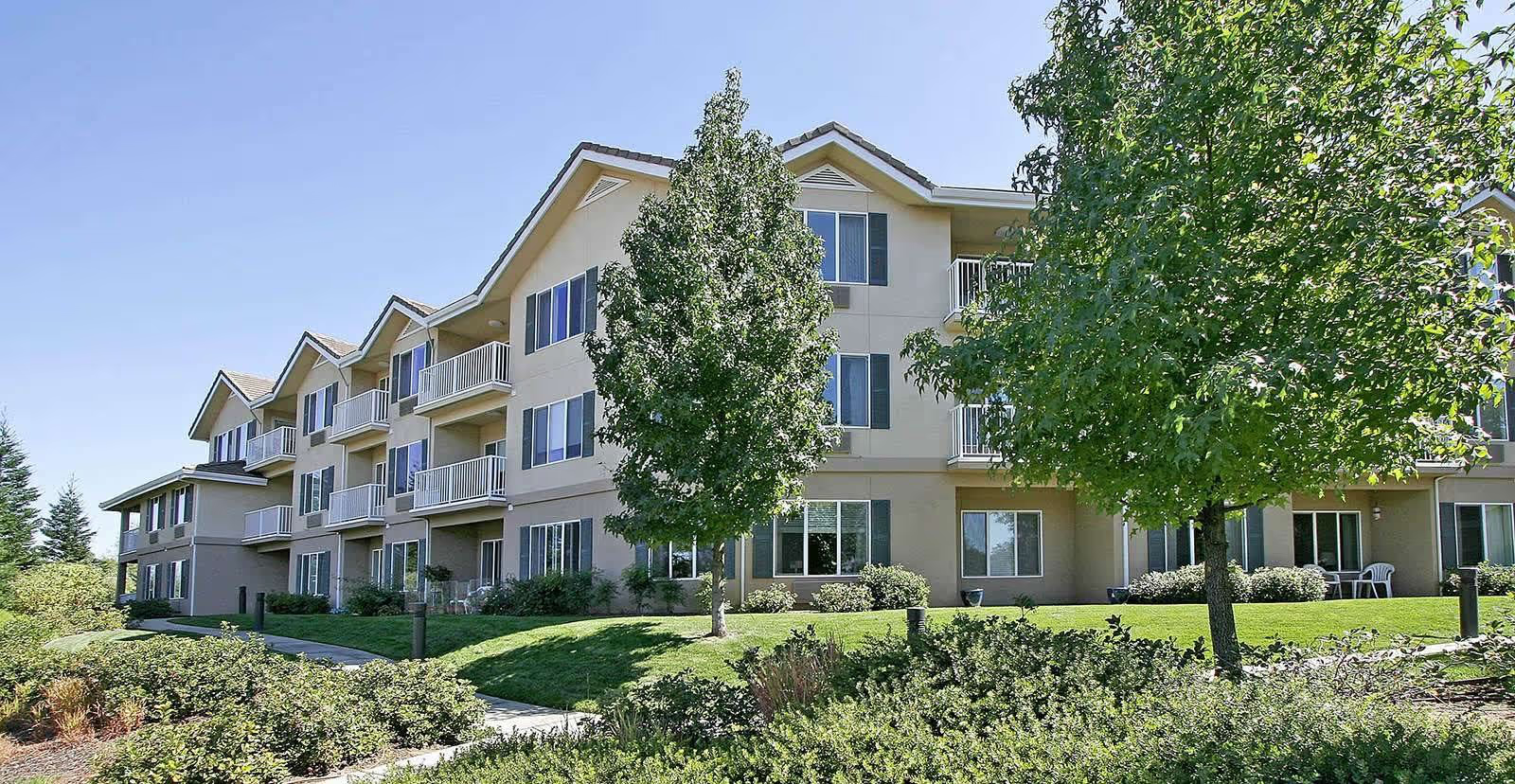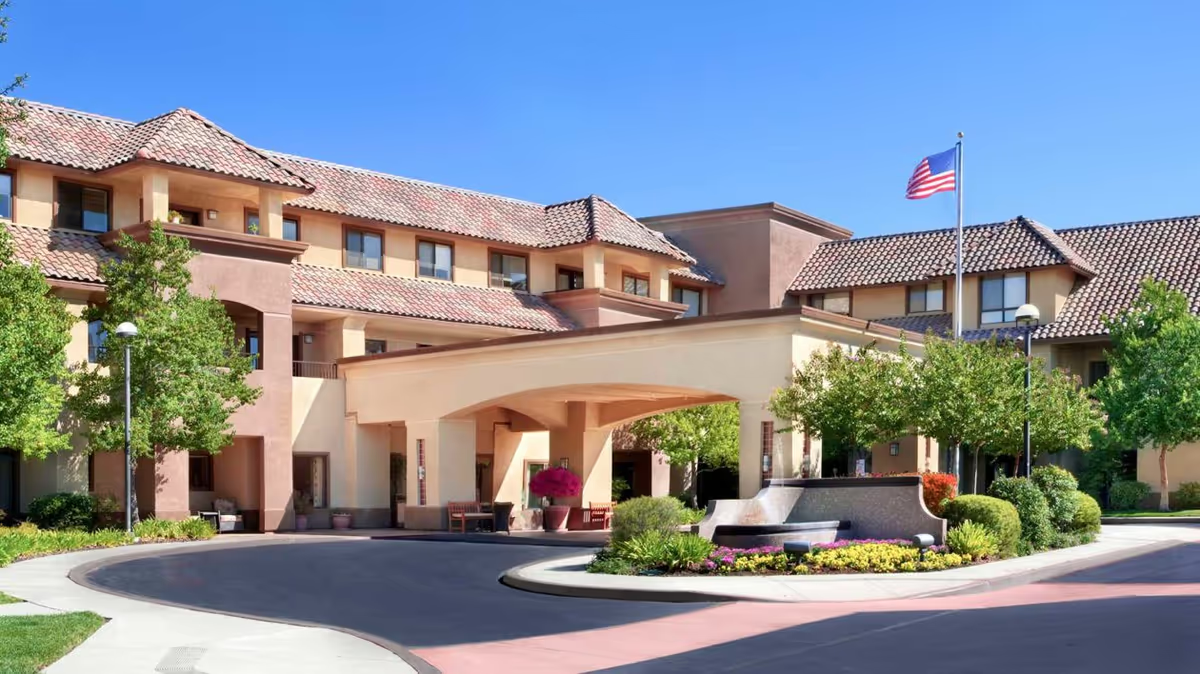Overall sentiment about Brookdale Mt. Hood is sharply mixed, with a strong polarization between reviewers who describe a warm, social, well-appointed community and those who report severe neglect, safety concerns, and management failures. Many families and residents praise the staff, activities, location, and aspects of the physical plant: reviewers frequently mention caring and friendly caregivers, an active calendar (bingo, exercise classes, crafts, outings, bible study, happy hour), weekly barber/hair stylist services, pleasant courtyard/garden spaces, nice views, and apartment-style living (studios and one-bedrooms with kitchenettes). Several accounts highlight positive hands-on care experiences including supportive end-of-life care, smooth medication management, prompt accommodations, and a family-like atmosphere. Clean public areas and recent remodeling were also noted positively by multiple reviewers.
However, a significant number of reviews raise very serious concerns about care quality, safety, sanitation, and management. The most alarming allegations include reports of staff neglect (sleeping on duty), residents being manhandled or yelled at, medication mismanagement including claims of narcotics theft, and med aides not following individualized care plans or medication schedules. Some reviews describe extremely unsanitary conditions in resident rooms and food handling (molded food, feces or food scraped on walls, dishes left for weeks), while at the same time public areas may appear clean — pointing to a pronounced inconsistency between communal and private space maintenance.
Staffing and operational consistency are recurring themes. Multiple reviewers reported chronic understaffing and overworked caregivers, which they link to missed showers, long call-button wait times, inadequate assistance for residents with mobility or behavioral needs, and fewer opportunities to be taken outside. These operational shortcomings are often tied to management problems: families describe frequent leadership turnover, poor communication, unfulfilled promises, aggressive admissions tactics or coercive contracts, and billing disputes including charges for services not provided and late fees. Several reviewers specifically advise caution for Medicaid patients or those needing higher-acuity care because of reported unwillingness or inability to meet complex needs.
Dining and housekeeping perceptions vary widely. While some reviewers praise the food, menu variety, and accommodating dietary staff, others report cold meals delivered to rooms, repetitive menus (excessive chicken), small portions, and spotty meal assistance. Housekeeping is similarly inconsistent: multiple accounts state that public spaces are well-maintained while resident rooms are not, with reports of spilled carpets left uncleaned, laundry lost, and showers/scheduling not honored. Maintenance complaints (broken AC for months, gutters/siding issues, slow repairs) also appear repeatedly, contributing to a sense that building upkeep is uneven.
There are a number of operational positives worth noting: a number of reviewers emphasize that the community offers stimulating activities, a safe courtyard layout for wandering residents, accessible shower designs, laundry/housekeeping services in many cases, convenient transportation, and proximity to medical services. Several families explicitly state they would recommend the community or had a positive, even long-term experience. Conversely, other reviews warn that experiences are highly dependent on staff shifts and management presence — some families moved loved ones out after unacceptable incidents, while others were grateful for compassionate care during difficult times.
Patterns across the reviews suggest Brookdale Mt. Hood may deliver good experiences when staffing levels, management engagement, and particular employees are present and functioning well; conversely, when those elements lapse the community can fail to meet basic cleanliness, safety, and care expectations. The most urgent red flags from the aggregated reviews are the allegations of medication theft and severe neglect/sanitation problems — issues that warrant immediate investigation by families and regulators. Prospective residents and families should tour multiple times, speak directly with nursing leadership, review incident/complaint histories, confirm contractual and billing practices in writing, and ask specific, recent questions about staffing ratios, turnover, infection control, and how complaints or incidents are addressed. Where possible, talk to current residents and families about consistency of care across shifts and management tenures before making a placement decision.
